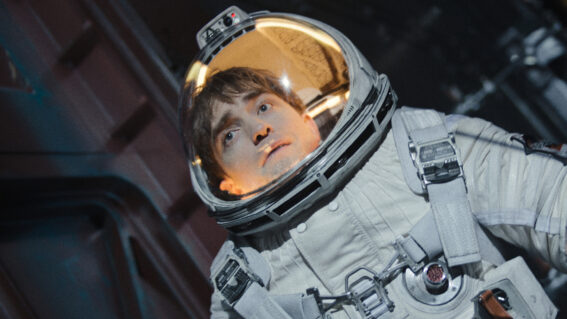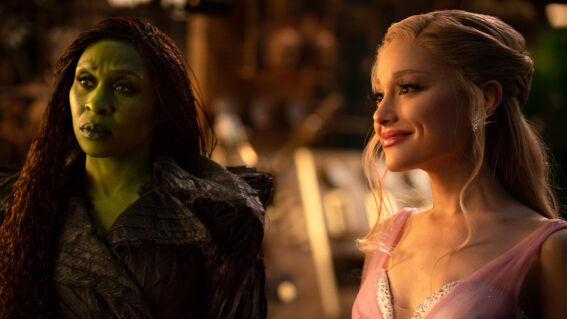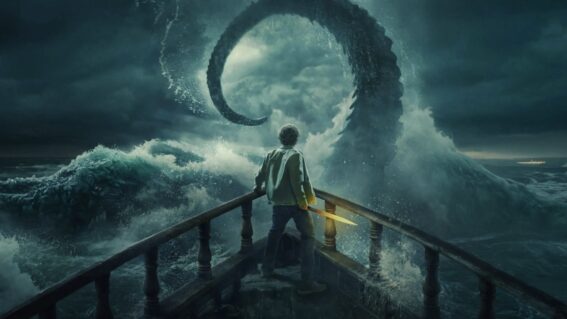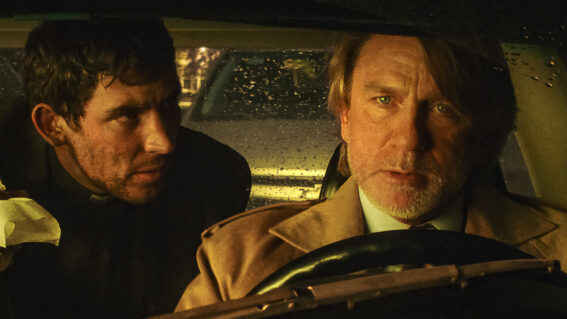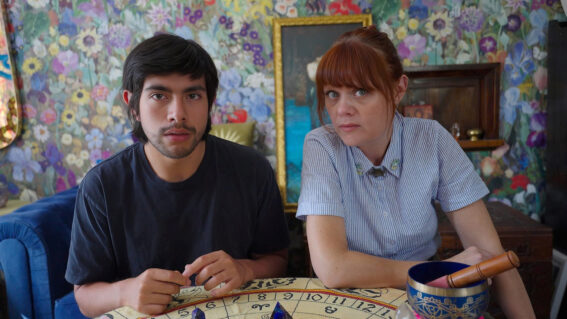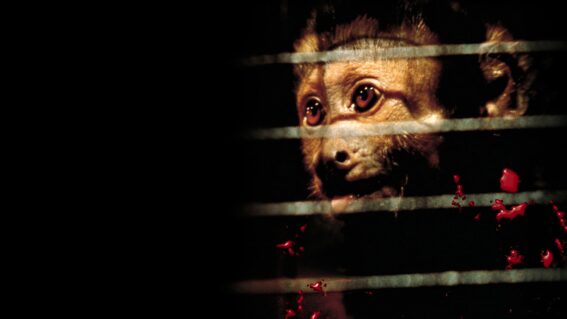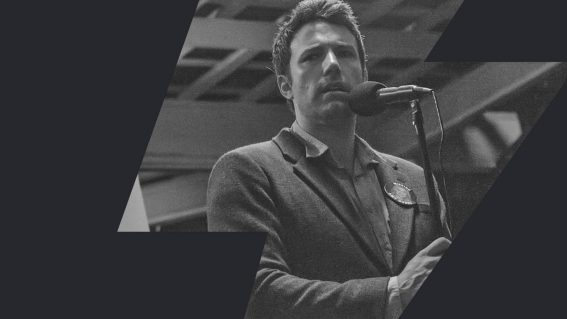5 deliciously twisted Christmas comedy movies
Here’s some wild and funny Christmas comedies, offering a different take on mirth and mistletoe.
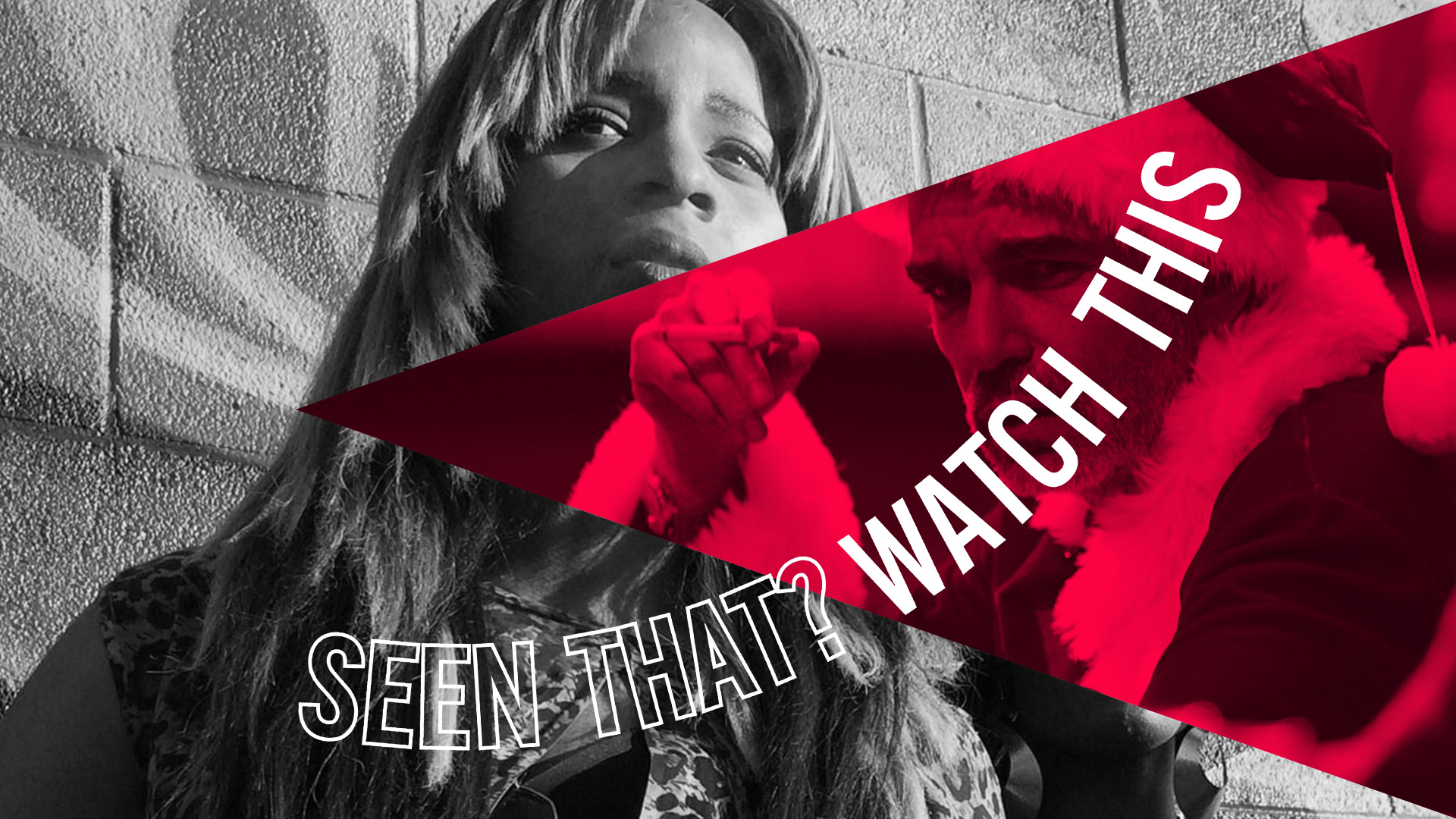
In the last instalment of his weekly Seen That? Watch This column for 2022, Luke Buckmaster recommends five wild and weird Christmas comedies.
There are many kinds of Christmas movies, from trashy rom-coms to outrageous horror flicks and soapy dramas. The annual inundation of festive-flavoured content drives a desire among filmmakers to attempt something different and unconventional. Recently the hammy Will Ferrell and Ryan Reynolds musical Spirited desperately tried to reinvigorate Charles Dickens’ A Christmas Carol, for instance, and David Harbour delivered season’s beatings as an arse-kicking Santa in Violent Night.
Every December, the time is ripe for funny Christmas movies that are weird, wild and bent out of shape. Below I list five of the best and most deliciously twisted. I’ve been generous with my definition of a “Christmas movie” and focused on titles with a party-like ambience. As you’ll see below, the festive season isn’t just about mistletoe and mirth but other crucial matters, such as score-settling and debauchery. Seasons greetings, suckers!
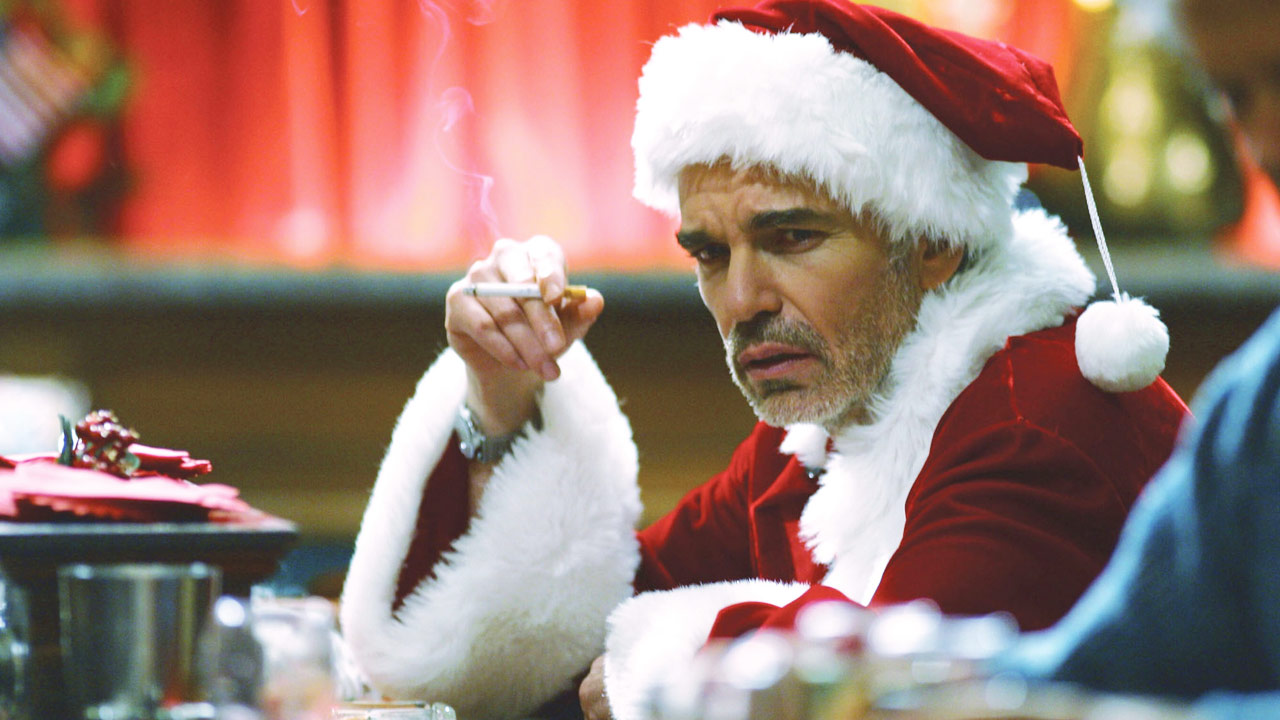
Bad Santa (2003)
The stinky, sweaty, soiled Christmas movie to end all Christmas movies. No actor has played a department store Santa as hilariously as Billy Bob Thornton, who cranks Buttermaker-like vibes to 11 and never surrenders his character to sentiment. Director Terry Zwigoff’s blacker-than-black comedy is also an original take on the heist genre, with Thornton’s booze-addled, safe-cracking Willie teaming up every year with his dwarf accomplice Marcus (an outrageously belligerent Tony Cox) to rob the stores that employ them to play Santa and his elf. The gags involving snotty kids sitting on Willie’s urine-smelling knee never get old.
Zwigoff reveals the film’s emotional essence through contrast, when Brett Kelly’s very sweet fat kid Thurman—in search of a father figure—takes a shining to Willie and follows him around. It’s funny from the very first scene, the camera snaking up to a smashed Willie slumped over in a crowded bar, while voice-over narration introduces us to his rather…jaded worldview. “If I’d known I was gonna have to put up with a bunch of screaming brats pissing on my lap for 30 days of the year, I’d have killed myself a long time ago,” he snarls. “Come to think of it, I still might”.
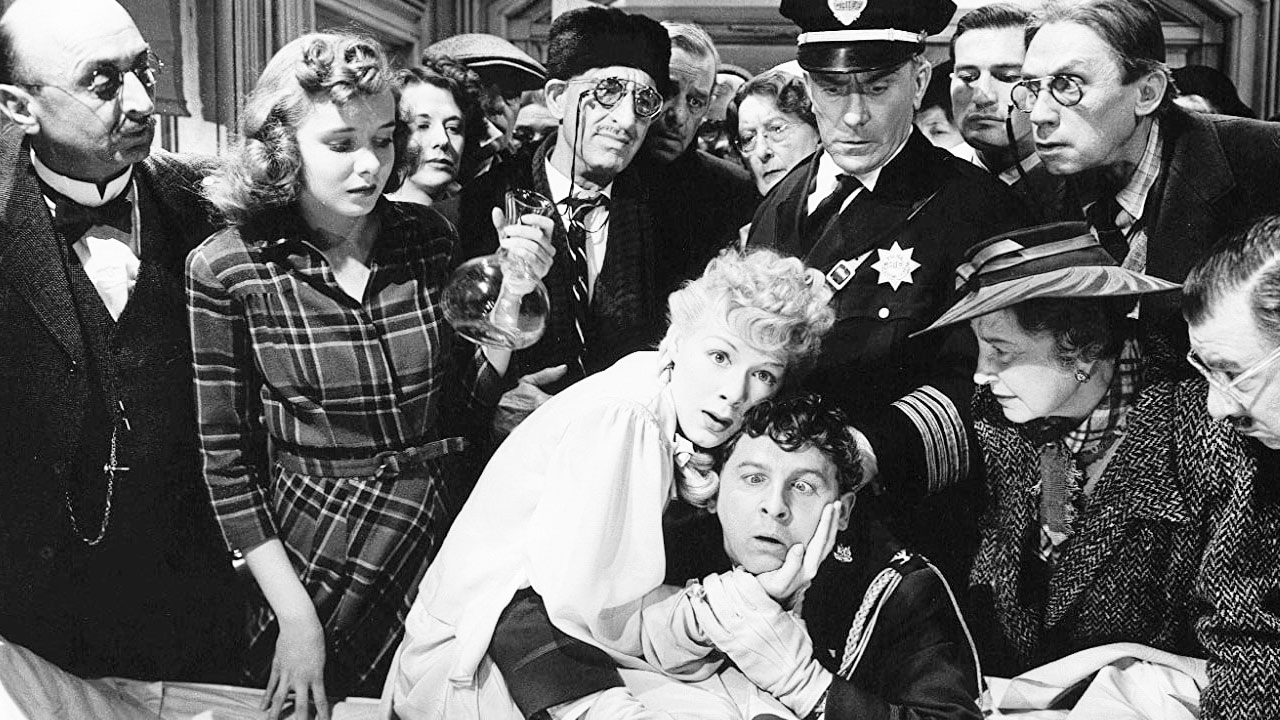
The Miracle of Morgan’s Creek (1944)
This tightly wound screwball classic from Preston Sturges—one of cinema’s greatest writer/directors—became a proto-The Hangover, arriving well before Zach Galifianakis et al fried their brains in Vegas. Hard-partying protagonist Trudy (Betty Hutton) goes out against her police chief father’s wishes, carving up the dance floor and getting so zonked she can barely remember any details of the night. The ring of her finger makes one thing clear: she got married. But to whom? Soon she also realises she’s pregnant (pretty racy for a film from the 40s).
The plot involves her coming up with a plan to cover her tracks, generally leading to more trouble. Fabulously exhausting characters—including Trudy’s sassy 14-year-old sister (Diana Lynn) and stuttering love interest (Eddie Bracken)— bicker and squawk, exchanging Sturges’ signature repartee. The Christmas part arrives during the last act, the festive season in full flight when a key character returns to town and Trudy gives birth. There’s lots of “Merry Christmases”, lots of talk of good will, and—as is Sturges’ wont—lots of talking full stop. We wouldn’t have it any other way.
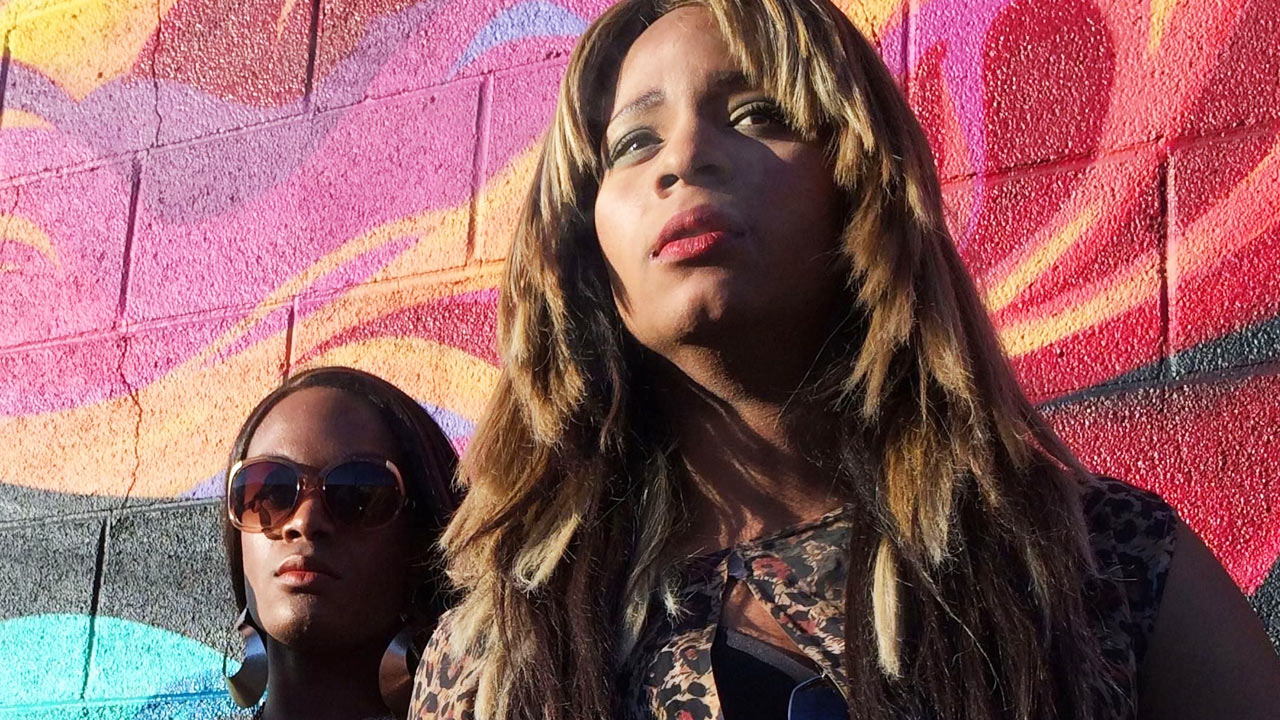
Tangerine (2015)
Here’s another film with stunning amounts of squabbling and quarrels. Most come from Kitana Kiki Rodriguez’s hotheaded Sin-Dee Rella—a transgender sex worker recently released from prison. The first line is “Merry Christmas eve, bitch!” in a scene that takes place in a roadside diner. Here Mya Taylor’s Alexandra—also a trans sex worker—informs Sin-Dee that her boyfriend and pimp, James Ransone’s Chester, has been cheating on her with “some white fish” who is a “real bitch, like vagina and everything.”
When Sin-Dee storms out of the place, on a mission to find her, she whips the pace of the film into gear, bringing a whoosh of momentum that hits like a clap of thunder and is maintained with frantic aplomb by director Sean Baker. Tangerine was famously shot on iPhones, allowing Baker an extremely mobile camera—which he matches with an over-ripe, colour-saturated, erratically edited style. This is a kind of Los Angeles rarely captured on film, with drugs, dodgy clientele, an apartment that doubles as a crack den and brothel, and many kinds of debauchery.
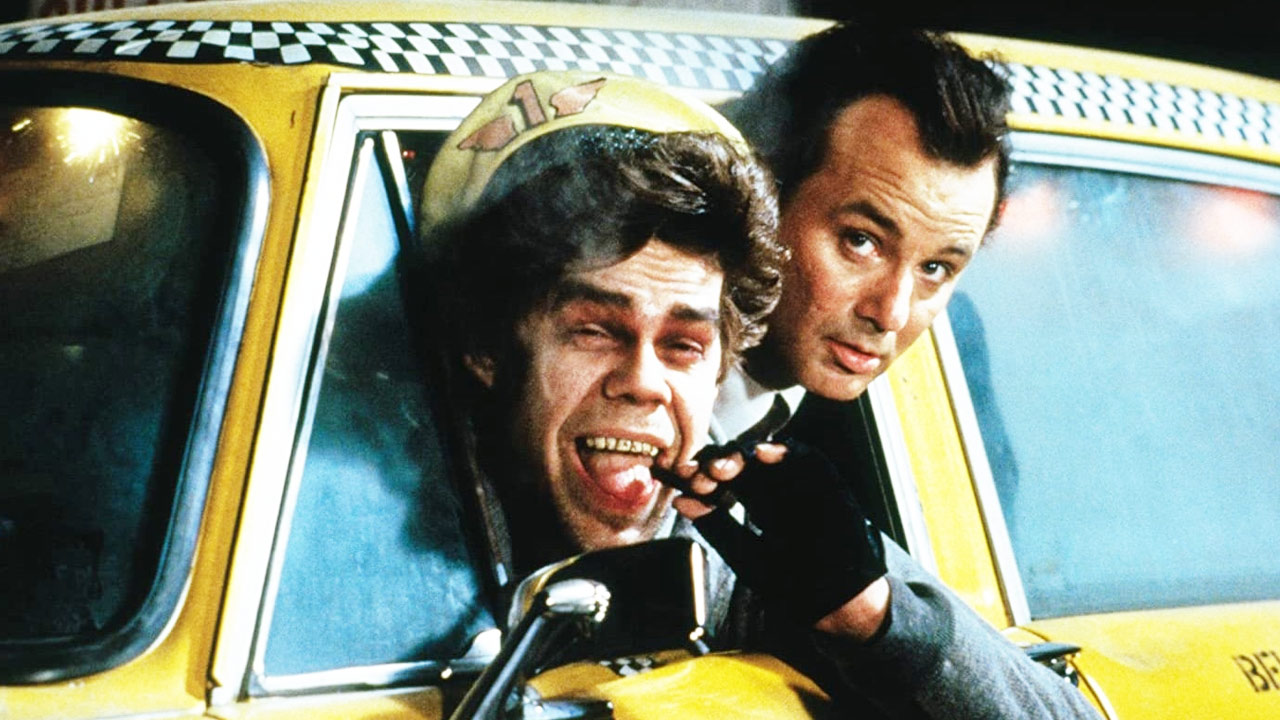
Scrooged (1988)
Adaptations of A Christmas Carol are a dime a dozen, but this version—recasting Ebenezer Scrooge as a TV network president played by Bill Murray—stands out from the pack for three reasons. One: Murray’s overblown but agitatingly effective performance as the smug and incorrigible Frank Cross—an arsehole with a capital “A”. Two: the apparitions that visit him from Christmas Past, Present and Future are fiendishly antagonistic comic creations—more ghouls than ghosts. And three: the injection of Dickensian lore into Cross’ life blurs reality and fantasy, making Murray at times feel almost like the protagonist of a thriller.
Audiences are well aware of the story beats, but the film’s weird humour has a hard, bitter edge that provides an aura of unpredictability. Murray’s eventual flip into a champion of Christmas and an advocate of kindness, generosity a yada yada happens a little too suddenly, though he remains an entertainingly unhinged presence.
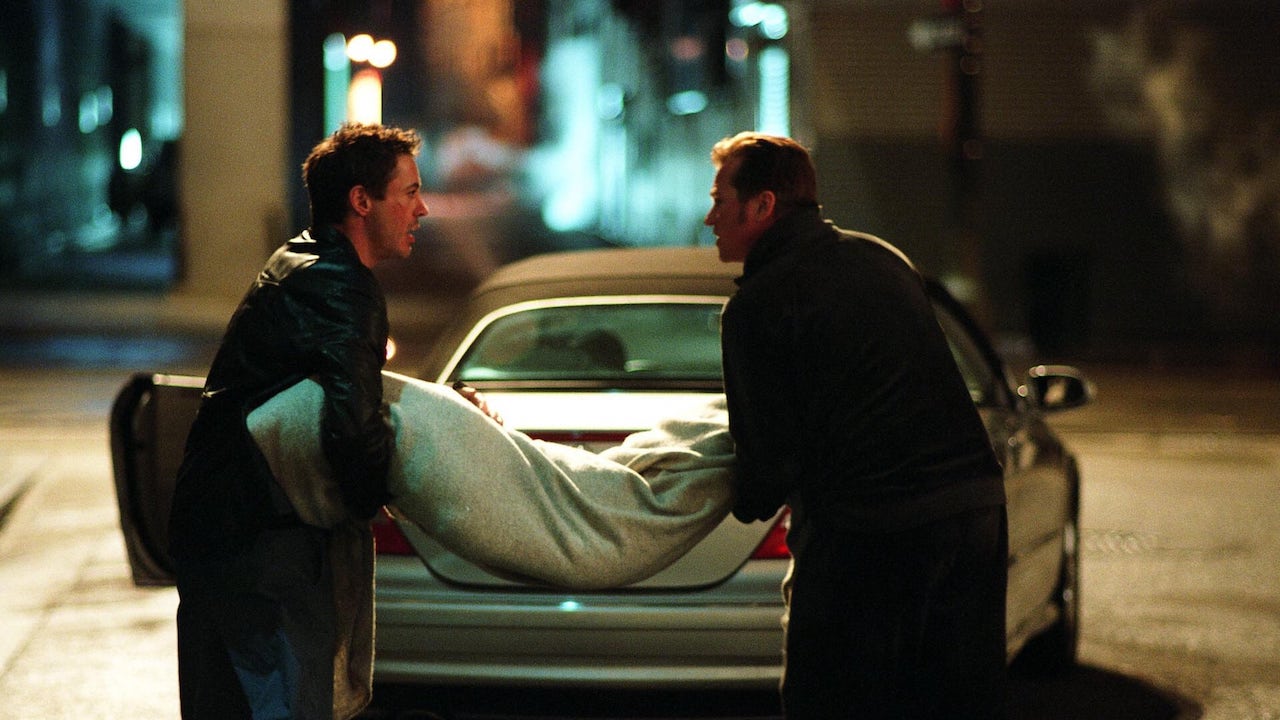
Kiss Kiss Bang Bang (2005)
In his directorial debut, Shane Black (whose screenwriting credits include Lethal Weapon and The Monster Squad) uses Christmas decorations and festive season soirees to crank up the film’s party vibes. Watching it feels like witnessing the effects of a cocaine binge. Robert Downey Jr’s small-time crim Harry Lockhart gets wrapped up in a tangled, noirish plotline involving murders, conspiracy, body doubles and Perry van Shrike—a private eye played by Val Kilmer. Shrike sums up the film’s backhanded yuletide spirit when he says “Merry Christmas, sorry I fucked you over.”
There’s lots of big personalities in Kiss Kiss Bang Bang—including the personality of the film itself. The tone is a kind of knowing delirium. Much of its energy is drawn from Harry’s intensely unreliable narration, encompassing meta elements that jokily mock the film’s form and content. Observations include “that is a terrible scene…why was that in the movie?” and “fuck, this is bad narrating.” Thankfully he got that last one wrong.

















